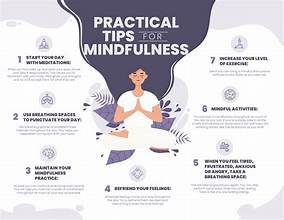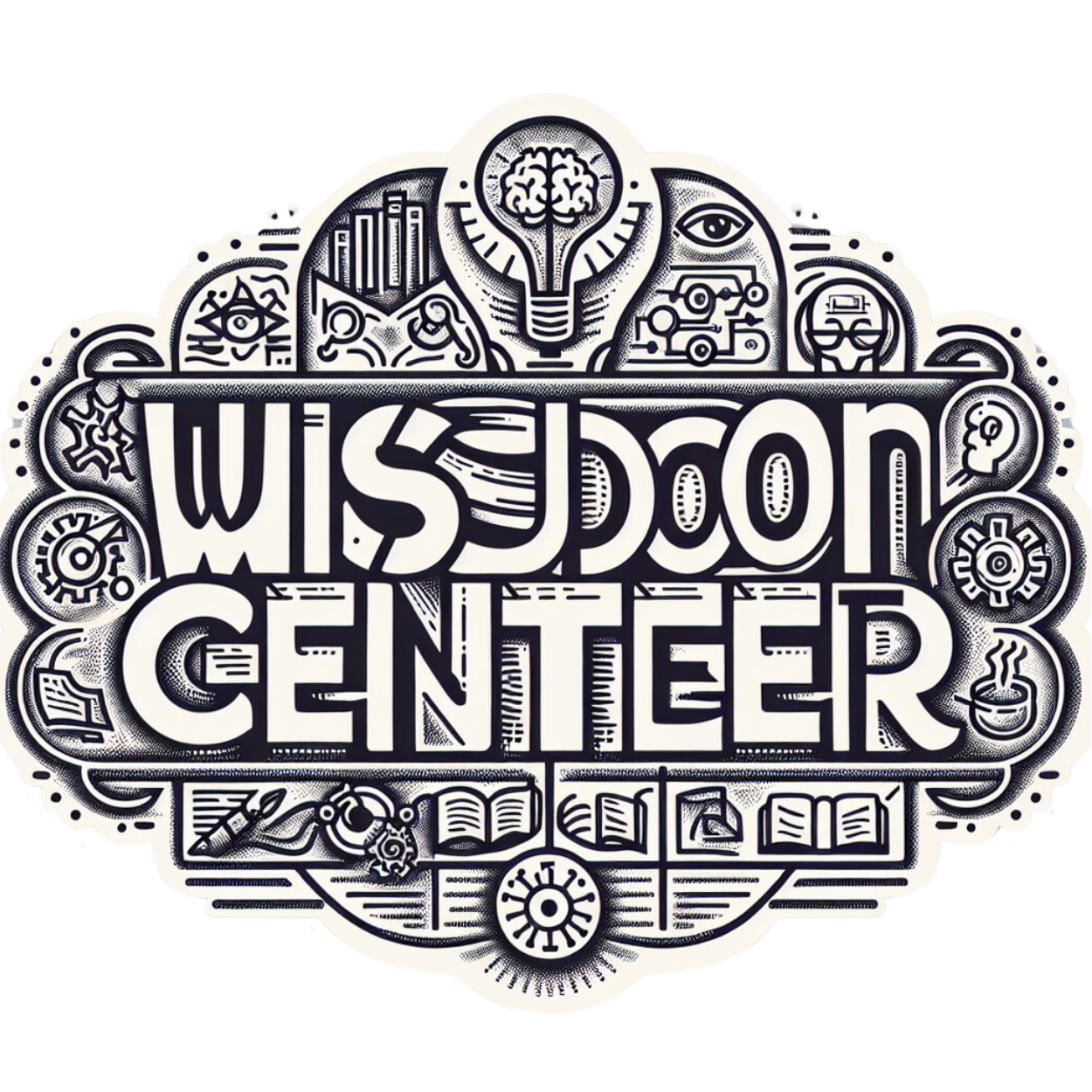
In today’s fast-paced world, finding inner peace has become more important than ever. As we navigate through 2024, many are seeking ways to achieve a more balanced and fulfilling life. This article explores top inner peace strategies that can help you cultivate tranquility, reduce stress, and enhance overall well-being. By incorporating these practices into your daily routine, you can pave the way for a more harmonious life.
1. Mindfulness Meditation
Mindfulness meditation is a powerful tool for achieving inner peace. This practice involves focusing your attention on the present moment and accepting it without judgment. Regular mindfulness meditation helps reduce stress, improve concentration, and increase self-awareness. Start with just a few minutes a day, gradually increasing the duration as you become more comfortable with the practice.
How to Get Started:
- Find a quiet space where you won’t be disturbed.
- Sit in a comfortable position with your back straight.
- Focus on your breathing, noticing the inhale and exhale.
- When your mind wanders, gently bring your attention back to your breath.
2. Gratitude Journaling
Keeping a gratitude journal is an effective way to shift your focus from what’s wrong to what’s right in your life. Writing down things you’re grateful for each day can enhance your mood and foster a positive mindset. This simple practice encourages you to appreciate the small and big blessings in your life, which contributes to overall inner peace.
Tips for Gratitude Journaling:
- Write at least three things you’re grateful for each day.
- Be specific and detailed about why you’re grateful.
- Reflect on how these things make your life better.
3. Healthy Lifestyle Choices
Your physical health significantly impacts your mental well-being. Adopting a healthy lifestyle through balanced nutrition, regular exercise, and adequate sleep is crucial for maintaining inner peace. Exercise releases endorphins, which are natural mood lifters, while proper nutrition and sleep help regulate your emotions and energy levels.
Key Components of a Healthy Lifestyle:
- Balanced Diet: Incorporate a variety of fruits, vegetables, whole grains, and lean proteins into your meals.
- Regular Exercise: Aim for at least 30 minutes of moderate exercise most days of the week.
- Quality Sleep: Strive for 7-9 hours of restful sleep each night.
4. Time in Nature
Spending time in nature has been shown to reduce stress and improve mental clarity. Whether it’s a walk in the park, a hike in the mountains, or simply sitting in your garden, nature can provide a sense of calm and rejuvenation. Nature helps to ground you and offers a break from the hustle and bustle of daily life.
Ways to Connect with Nature:
- Go for a walk or hike in a natural setting.
- Practice outdoor meditation or yoga.
- Create a small garden or spend time caring for plants.
5. Setting Boundaries
Setting healthy boundaries is essential for maintaining inner peace. It’s important to recognize your limits and communicate them effectively to others. This involves learning to say no when necessary and prioritizing your own well-being over external demands. Establishing boundaries helps prevent burnout and ensures that you have time for self-care.
Strategies for Setting Boundaries:
- Identify Your Limits: Understand what you can and cannot handle.
- Communicate Clearly: Express your needs and limits calmly and assertively.
- Practice Self-Care: Make time for activities that replenish your energy.
6. Deep Breathing Exercises
Deep breathing exercises are a simple yet effective way to calm your mind and body. By focusing on your breath, you activate the parasympathetic nervous system, which helps to reduce stress and promote relaxation. Deep breathing can be particularly useful during moments of anxiety or tension.
How to Practice Deep Breathing:
- Inhale deeply through your nose, allowing your abdomen to expand.
- Hold your breath for a few seconds.
- Exhale slowly through your mouth, letting go of any tension.
- Repeat for several minutes, focusing on your breath.
7. Mindful Technology Use
In the digital age, it’s easy to become overwhelmed by constant notifications and screen time. Practicing mindful technology use involves being intentional about how and when you engage with digital devices. Setting boundaries around technology can help reduce stress and create more space for relaxation and reflection.
Tips for Mindful Technology Use:
- Limit Screen Time: Set specific times for checking emails and social media.
- Create Tech-Free Zones: Designate areas in your home where technology is not allowed.
- Engage in Digital Detox: Take regular breaks from screens to focus on offline activities.
8. Pursuing Hobbies and Passions
Engaging in activities that you love can significantly enhance your sense of inner peace. Hobbies and passions provide a creative outlet and a break from daily stressors. Whether it’s painting, cooking, or playing a musical instrument, make time for activities that bring you joy and fulfillment.
How to Incorporate Hobbies into Your Life:
- Schedule Regular Time: Set aside time each week for your hobbies.
- Explore New Interests: Try new activities to discover what you enjoy.
- Join a Community: Connect with others who share your interests for added support and inspiration.
9. Seeking Professional Help
Sometimes, finding inner peace may require professional support. Therapists and counselors can provide valuable tools and strategies for managing stress and emotional challenges. Seeking help is a proactive step towards mental and emotional well-being.
When to Seek Professional Help:
- If you experience persistent anxiety or depression.
- If you’re struggling with unresolved trauma or emotional issues.
- If you need guidance on coping strategies and personal growth.
Conclusion
Achieving inner peace in 2024 is a journey that involves integrating various practices into your daily life. By embracing mindfulness meditation, gratitude journaling, healthy lifestyle choices, time in nature, setting boundaries, deep breathing exercises, mindful technology use, pursuing hobbies, and seeking professional help, you can cultivate a more balanced and harmonious life. Start incorporating these strategies today, and experience the profound impact they can have on your overall well-being.

